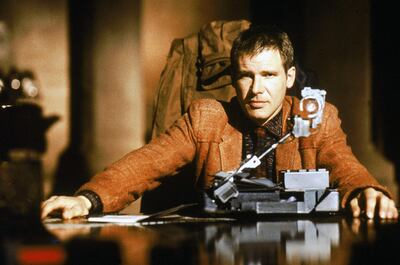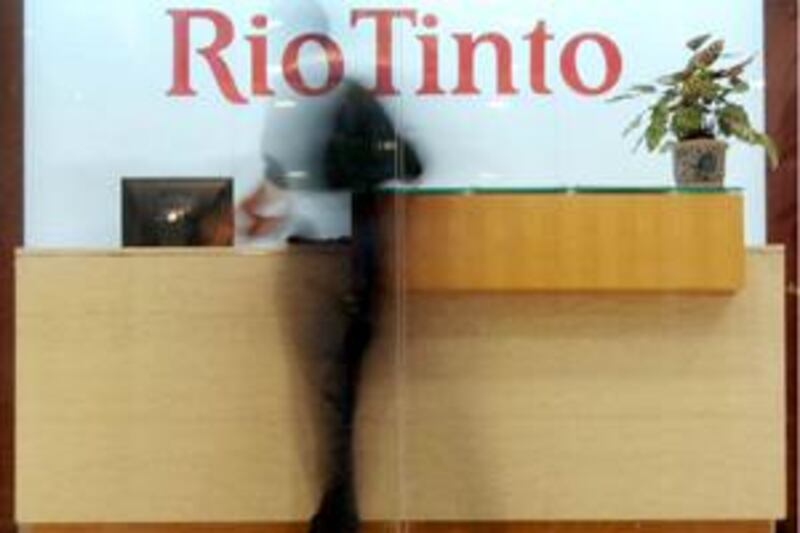Global miner Rio Tinto on Thursday formally pledged to plough billions of dollars into a futuristic iron ore mine in the red dirt of Western Australia, upping expected costs by nearly a fifth while lifting its projected output.
Approval for the $2.6 billion facility at Koodaideri, in the resource-rich Pilbara area, marks the biggest investment commitment by the world's second-biggest iron ore miner since 2016, when it signed off on a $5.3bn underground expansion of the Oyu Tolgoi copper mine in Mongolia.
Rio has previously called Koodaideri, 110 kilometres from the nearest township, its first "intelligent" mine. It will use systems that connect driverless trucks, trains and drills for the first time, using data analytics to optimise production, improve safety and cut downtime, using just a fraction of its Pilbara workforce.
"It will be our most advanced mine," said Chris Salisbury, Rio Tinto Iron Ore's chief executive. "There is no infrastructure at Koodaideri whatsoever, so that means we're having to put in power, water, access roads, a camp, a product stockyard, 166 kilometres of rail."
The mine is expected to underpin Rio's production of its flagship Pilbara Blend iron ore, sustaining its current output of more than 330 million tonnes a year which it draws from 16 mines in the region, according to Reuters.
Koodaideri will employ 600 permanent workers, the miner said. It has 12,000-strong work force in the iron-rich Pilbara, where rivals BHP Group and Fortescue Metals Group are also digging new mines.
"It's going to be something out of Blade Runner," said independent Australian mining analyst Peter Strachan, referring to the 1982 cult sci-fi film starring Harrison Ford.

Mr Strachan said it was difficult to quantify exactly how automation would shape the workforce, and the company declined to provide further details, but added the mine will likely require fewer unskilled workers.
"Instead of a guy with a shovel, now you've got a guy with an iPad," Mr Strachan said. "The cost of labour in the Pilbara compared to other parts of the world is dramatically higher and so companies have really been looking at any ways to do things automatically."
_______________
Read more:
Australian gold miner takes automation to the next level
King Salman to open $22.7bn Saudi mining project
_______________
The project is also a bet that Rio's finer ore can offer an efficiency dividend for under-pressure Chinese steel mills, even as many are turning to cheaper lower-grade raw materials to cut costs.
"As margins fall ... some steel mills will turn to cost versus productivity," Mr Salisbury said. "But if you take a step back ... the restructuring of the steel industry in China to more profitable, more efficient mills that are also environmentally higher-performing really confirms that the overall spread between high grades and low grades will stay."
This month, The National reported that Australian mining company Resolute is about to go live with a gold operation in Mali, West Africa, that will be a world first; its fleet of machines will be operated entirely by technicians half a world away.
Resolute Mining, based in Perth, is currently putting the finishing touches on it Syama gold project 300 kilometres south of the capital Bamako, and will deliver its first gold in December.
Koodaideri, meanwhile, is due to start producing in 2021. Costs have risen as Rio expanded the planned capacity to 43 million tonnes from 40 million tonnes and added an airport, new roads and safety features to the project.
Rio said rising labour and materials costs had also added to the original cost estimate of $2.2bn. It expects construction will involve more than 2,000 people.
It is still considering a second phase to expand the mine to more than 70 million tonnes.
The company's shares jumped as much as 3 per cent in early trade on Thursday but settled back to close up 1.7 per cent, outperforming the broader market and BHP, but trailing Fortescue.






